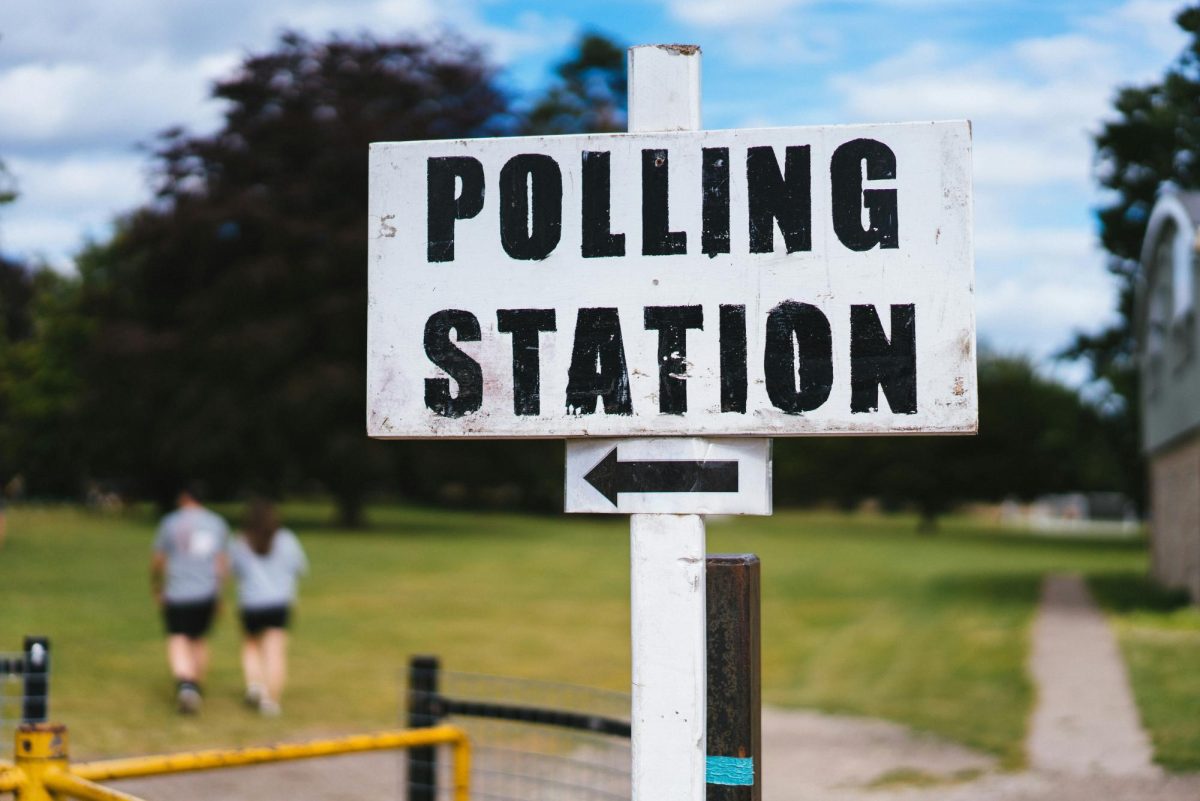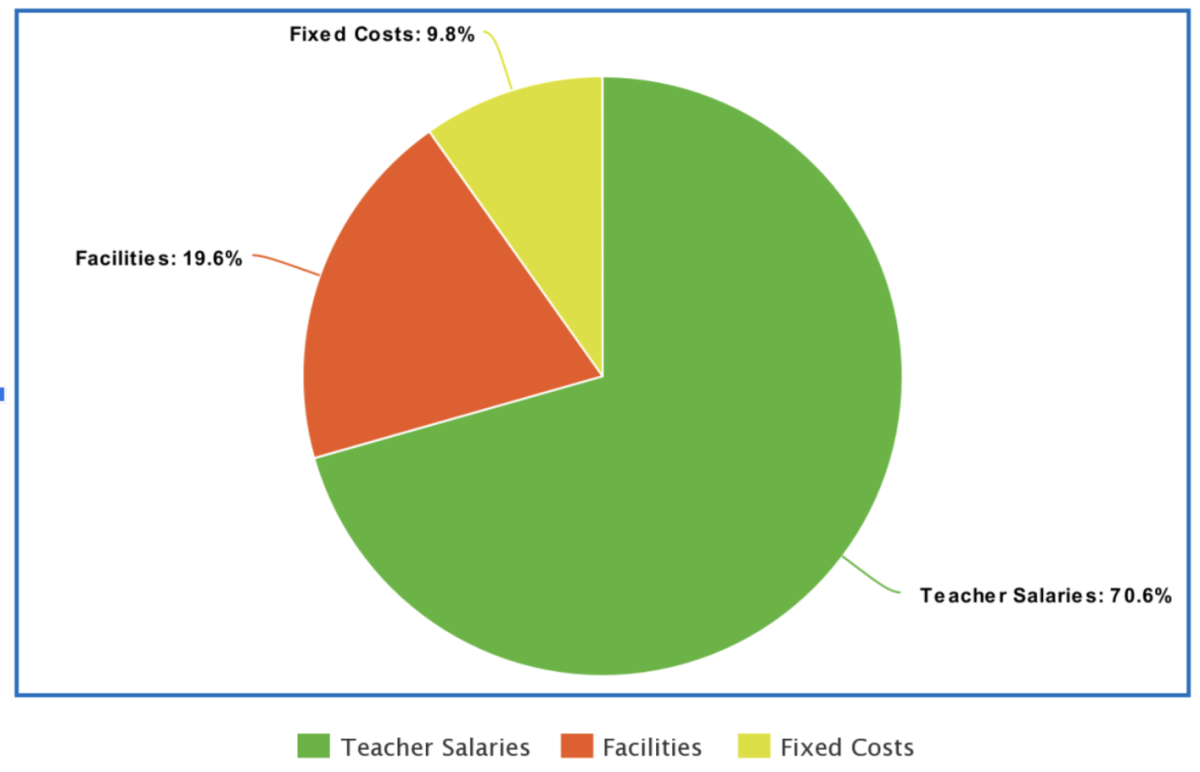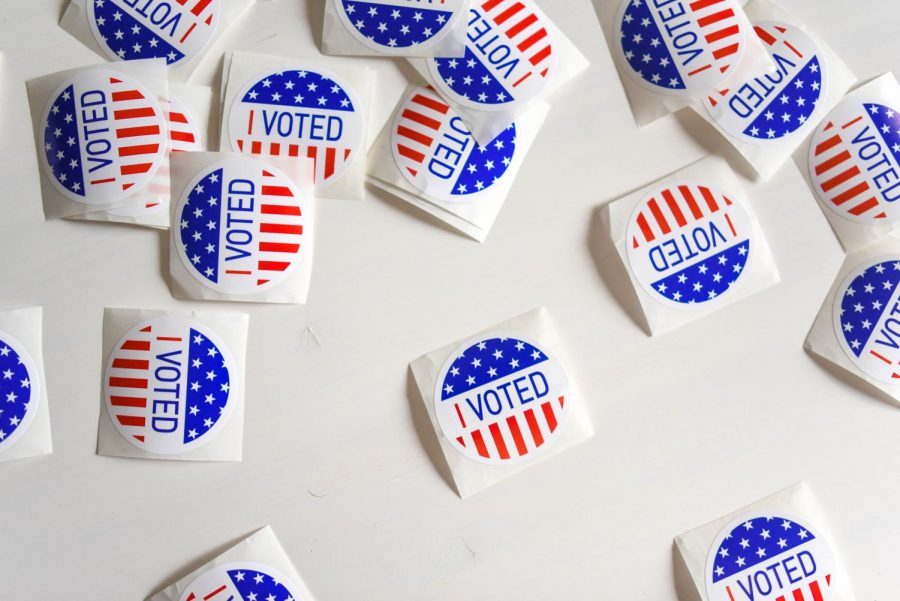The power of a loyal base has risen to become the most powerful influence in our society.
In business, a loyal base is everything. Any business needs customers who return for whatever service or good the company offers. This is the principle small businesses used to thrive on. However, mainstream businesses like Apple, Google, Meta, X, etc. have all created loyal bases in the past 10 years.
But the real rise of the power of a loyal base lies in politics. As I’ve interned on our Mayor Brandon Scott’s campaign this past fall and spring, and read books like Why We’re Polarized by Ezra Klein, and It’s Even Worse Than it Looks by Norman Ornstein and Thomas Mann, an overarching theme has shown up: the power of a loyal base.
In the current Baltimore mayoral race, Mayor Scott trails former mayor Sheila Dixon in every poll and voting metric. How could this be? Shelia Dixon is a civil criminal, and her policing tactics in her mayoral times were Draconian. Why would anyone in Baltimore want her to be mayor?
Now let’s look at the current presidential race. Here, I don’t need to introduce the candidates. But how is Donald Trump, a man who encouraged an overthrow of the government, held illegal documents, and is currently in criminal court in Georgia, going to be elected president? (I am not trying to compare Dixon to Trump; they’re on two different planets of being problematic)
The answer I keep returning to for both races, Mayoral and Presidential, is the power of a loyal base. In Dixon’s case, the draw is less obvious than for Trump’s MAGA supporters. I’m not sure why Dixon has a loyal base in East and West Baltimore. But she does.
In my experience knocking on doors and attending fundraising events for Scott, it’s pretty clear that few people are die-hard Scott supporters. People vote for him because he’s not a criminal, or he’s young and he has some good policies. But they are not die-hard supporters. They simply support “not Shelia,” or someone younger than Dixon.
Dixon, on the other hand, has cultivated a loyal base. She may not win 50% of the vote, but she’s got a guaranteed 40. Scott does not have that luxury. That is why he is losing in the polls. He lacks a loyal base.
The same could be said for Joe Biden, on a more extreme level. Many people who support Biden simply support him because he’s not Trump, or he’s the democratic candidate. But this lack of a loyal base seeps out into the polls.
A Hopkins professor and mentor of mine, Dan Schlozman, made me think when he said: “You cannot win an election if the people who support you don’t vote.”
If you don’t have a lot of big supporters who you can count on to go to the polls and vote for you, you run into serious problems.
It is possible that 50% of Baltimore City doesn’t want Shelia Dixon to be mayor. But if she can get more people to vote for her than vote for Brandon Scott, she will win the election. It’s a simple business principle that is now being applied everywhere you look: it’s more important to have a smaller group of big supporters than a bigger group of less enthusiastic ones.
So, when you go out to your local bakery or coffee shop, or you go on Instagram, YouTube, or even Google, I hope you simply understand that they want to make you a die-hard supporter. Same thing with any small business. Just be mindful and thoughtful about what this means for you.


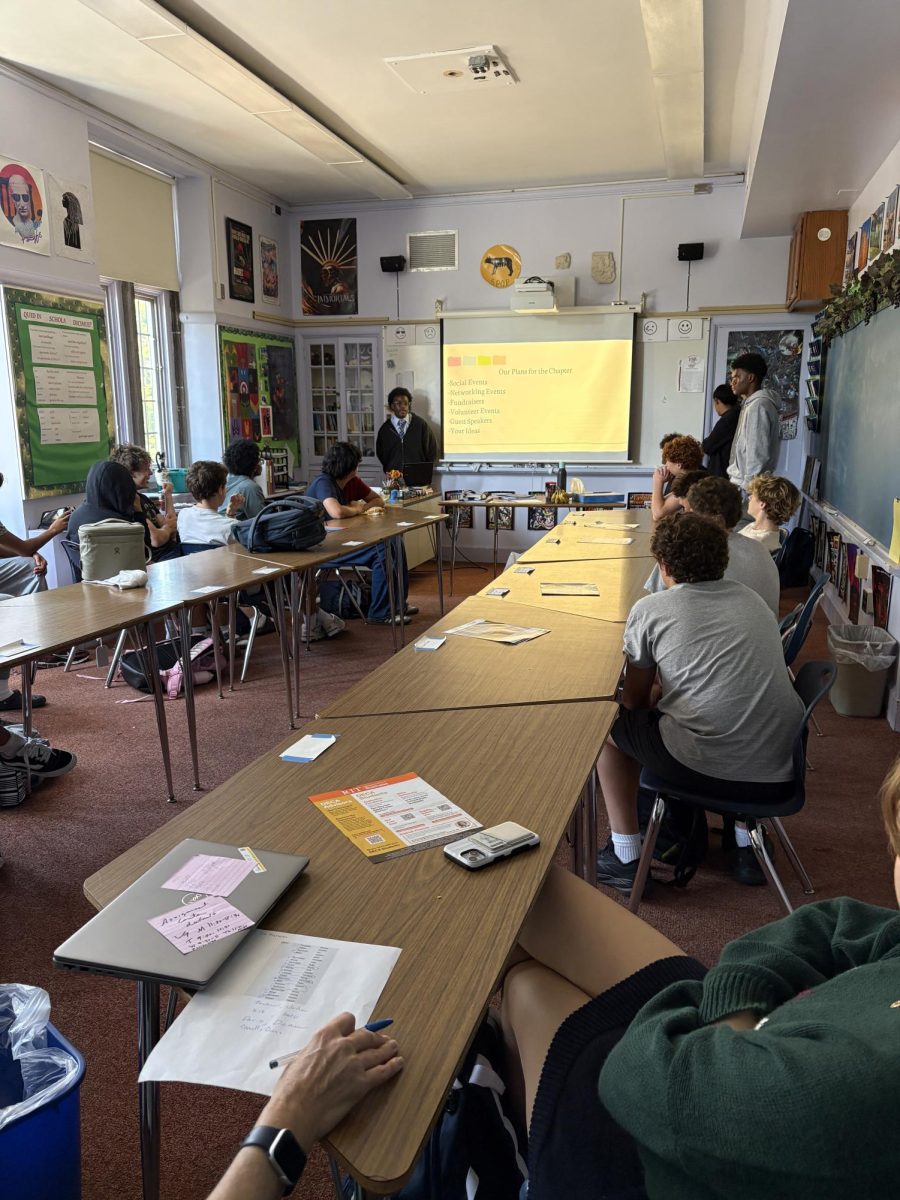
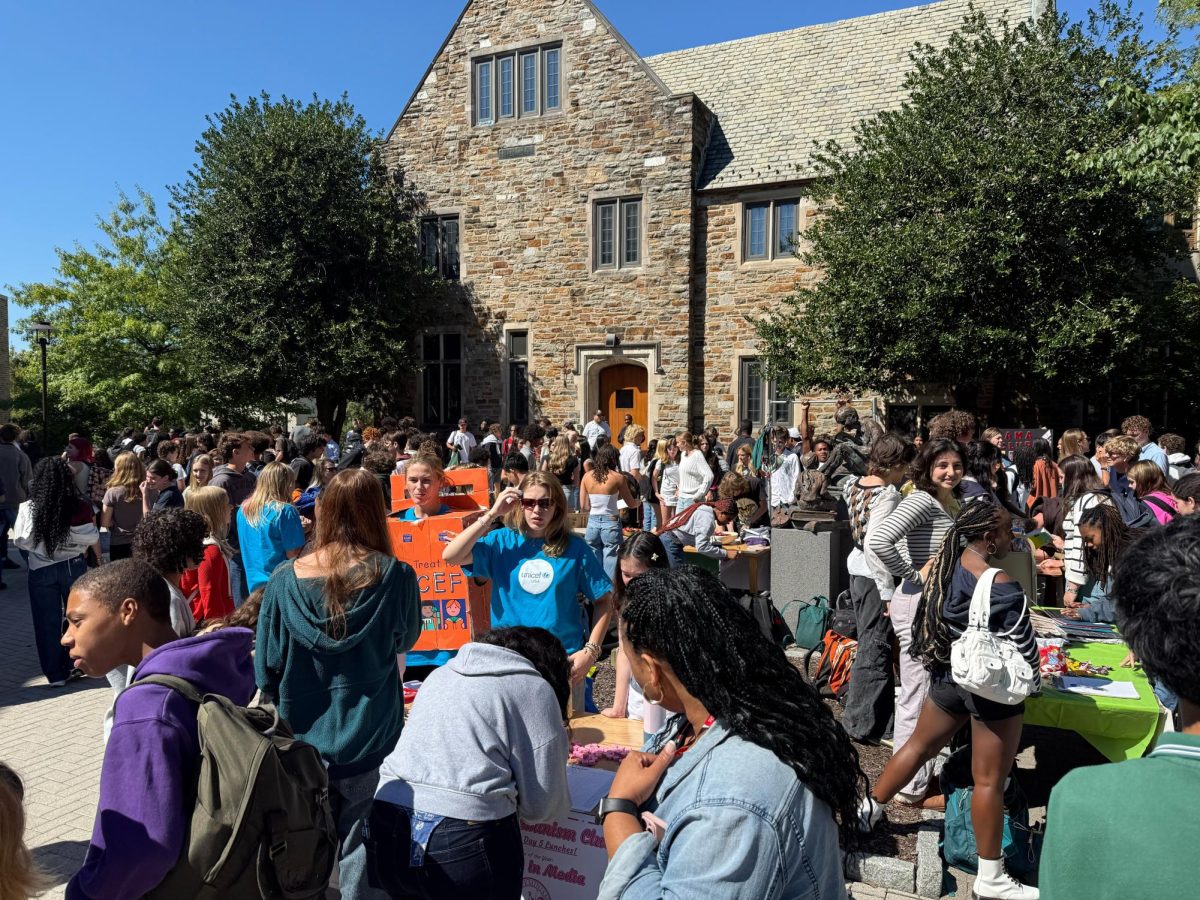





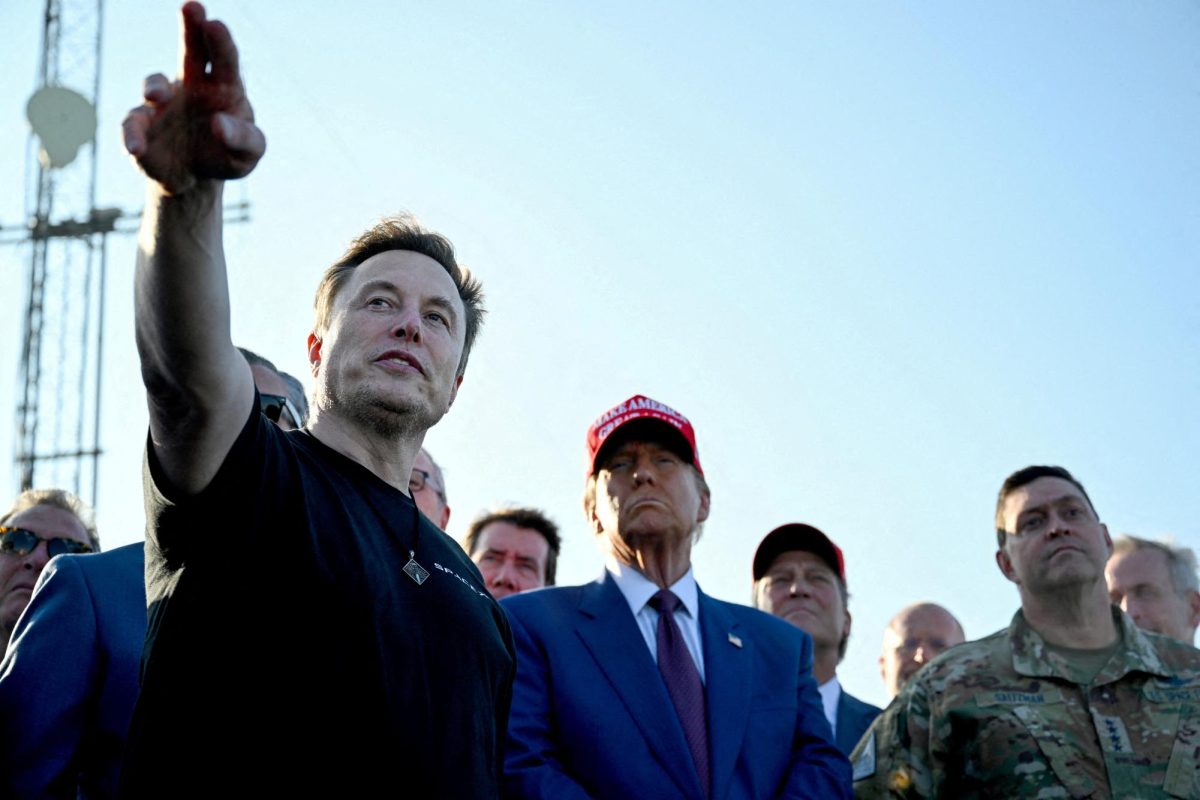
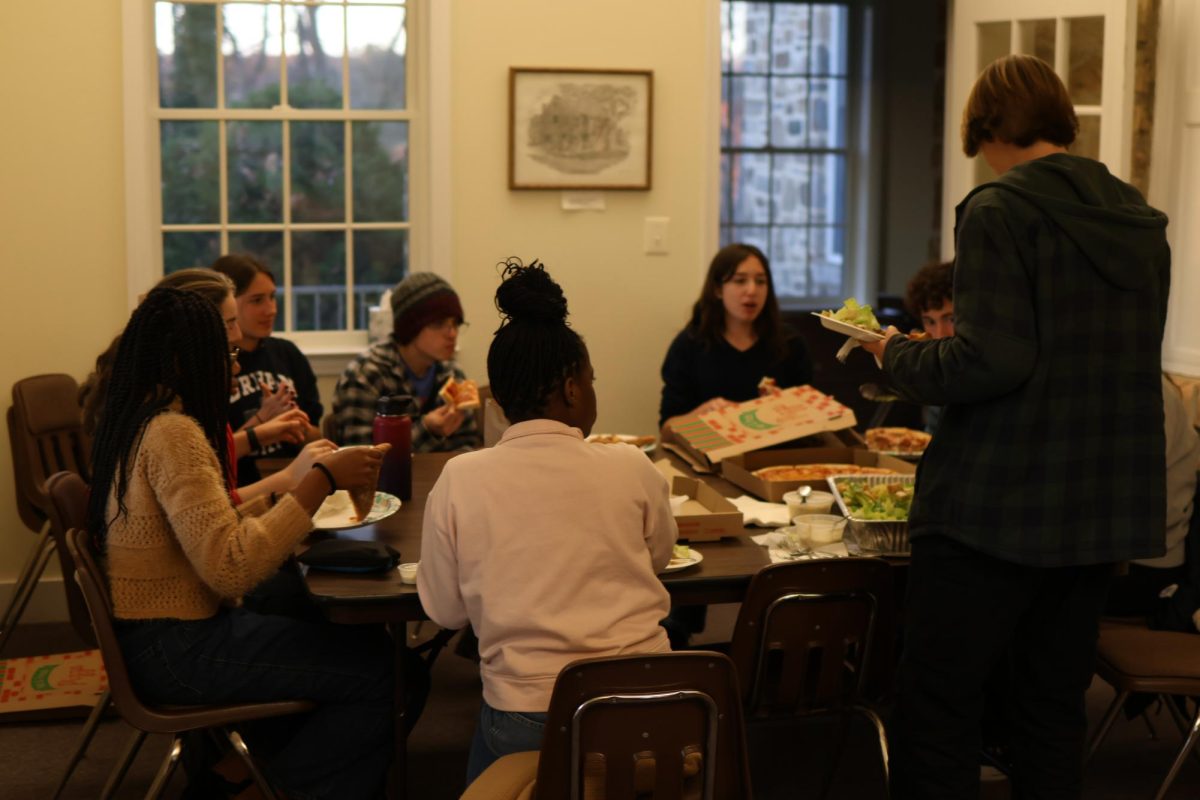



![How Freestyle Club Began [Podcast]](https://thequakerquill.org/wp-content/uploads/2025/05/charly-alvarez-Jv9untmB7G4-unsplash-1200x800.jpg)






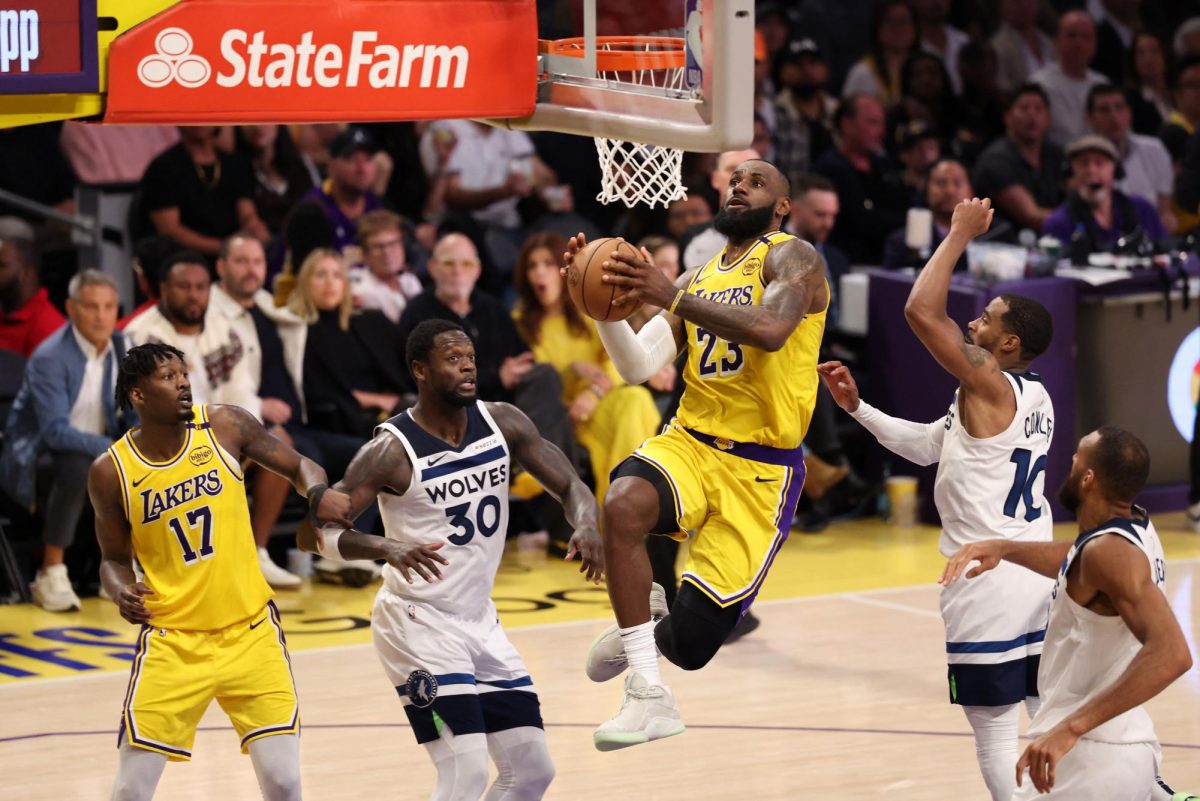
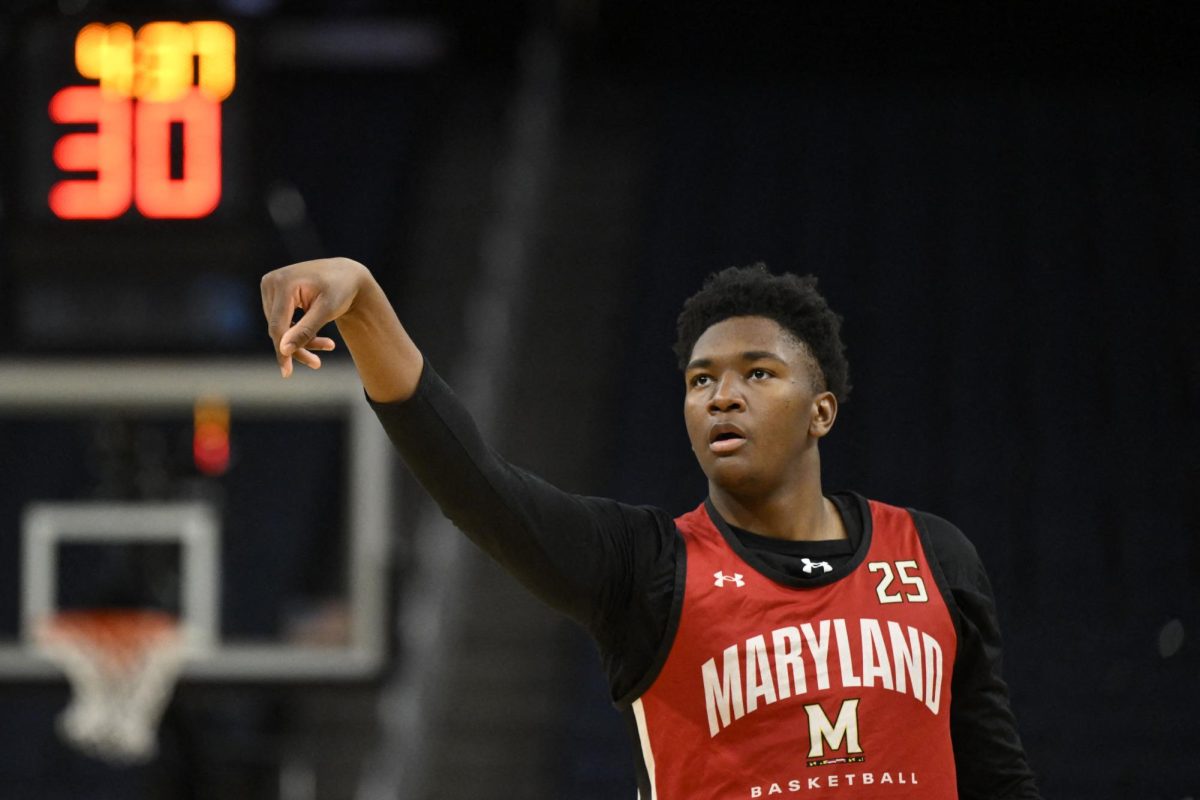
![What makes you feel good about yourself? [Podcast]](https://thequakerquill.org/wp-content/uploads/2025/10/madison-oren-uGP_6CAD-14-unsplash-1200x800.jpg)




![A Phone Ban at Friends? [Podcast]](https://thequakerquill.org/wp-content/uploads/2025/05/magenta-VrRT19_ZjUY-unsplash-1200x900.jpg)


